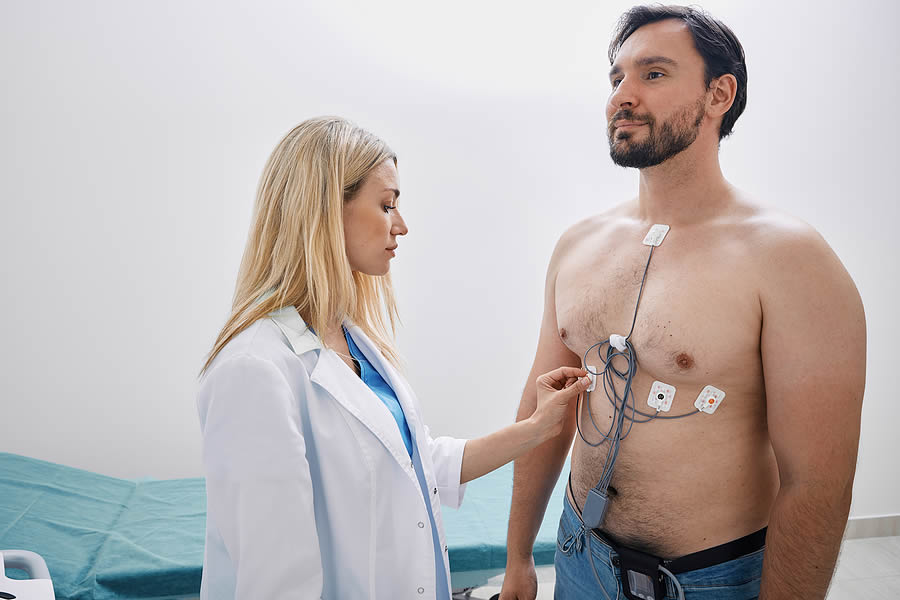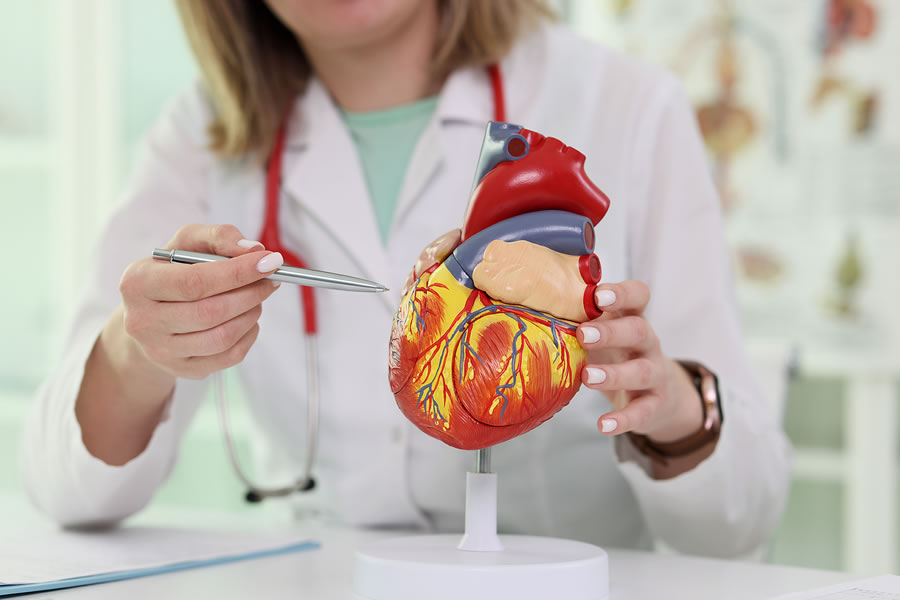
The heart is as sensitive as it is vital. Responsible for pumping blood throughout the body, the heart is susceptible to a host of issues that can affect its ability to function properly. Blocked arteries, weakened or damaged heart muscles, and irregular heartbeat patterns are just some examples.
While you may be able to sense these conditions in the form of heart pain, palpitations, and so forth, a cardiologist, or heart doctor, must use medical devices to inspect and monitor your heart. Among these devices are electrocardiograms, Holter monitors, and event monitors.
In this brief read brought to you by Cardiovascular Specialists, we explore these essential tools used to assess heart health and diagnose various cardiac conditions.
While a stethoscope allows healthcare professionals to listen to the heart for sounds like the lub-dub of the valves closing, murmurs, or abnormal sounds that may indicate underlying cardiac conditions, there is another test that provides a more comprehensive assessment of the heart’s electrical activity.
An electrocardiogram, often referred to as an EKG, is a diagnostic tool used to evaluate the heart's electrical activity. It involves attaching electrodes to the skin, which record and graph the heart's electrical signals. By analyzing the resulting waveform patterns, healthcare providers can assess the heart rate and rhythm, and they can identify any abnormalities. In short, EKGs provide a snapshot of the heart's electrical activity at a specific moment.


A standard electrocardiogram is typically performed in a medical facility and generally records only a few seconds of your heart’s electrical activity. Sadly, a simple EKG can miss symptoms that are sporadic or triggered by certain activities. As such, an EKG may not be able to reveal issues with the heart. Holter monitors and event monitors are meant to extend the capabilities of EKGs.
Holter monitors and event monitors are portable devices with electrodes attached to the chest. These two devices use the same process as an EKG to record and analyze a person’s heart activity. However, Holter monitors and event monitors are ambulatory, or mobile, and they can capture the heart’s electrical activity for an extended period of time. The goal is to detect sporadic or intermittent heart rhythm abnormalities that may not be captured in a short-duration EKG.
The difference between Holter monitors and event monitors is small but important. Holter monitoring records the heart's electrical activity continuously over an extended period, usually 24 to 48 hours. Event monitoring, meanwhile, functions on an “as-needed” basis. When symptoms like palpitations, dizziness, or other concerning events occur, the individual activates the device to record the EKG signals.
If you have concerns about your heart health, consult with a healthcare professional who can determine the appropriate monitoring method for your specific needs. Cardiovascular Specialists is a leader in the field with passionate and dedicated cardiologists. Call us today to schedule a convenient appointment or arrange a walk-in appointment for as soon as possible.